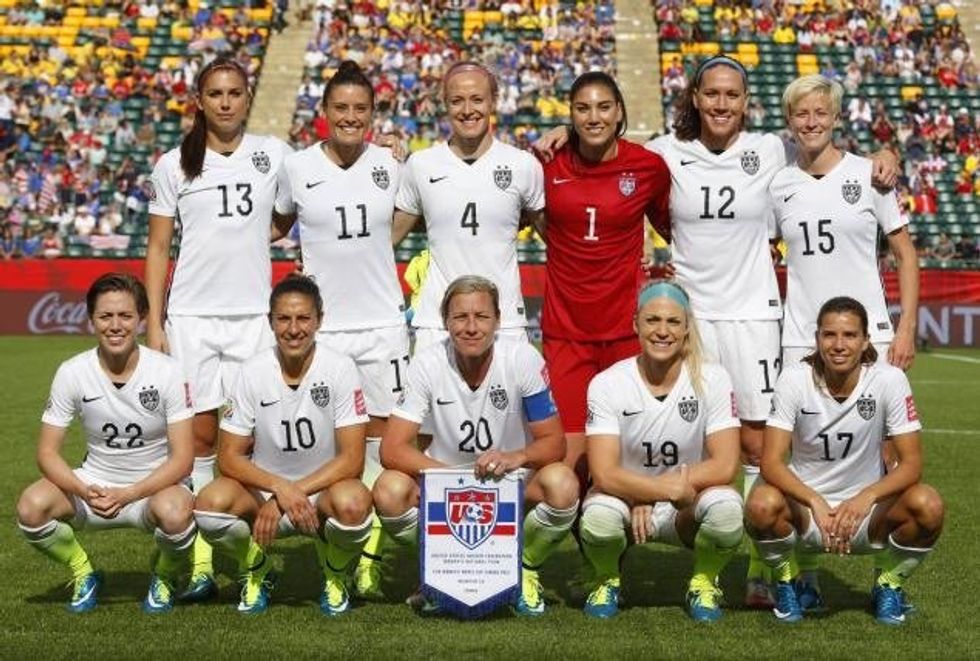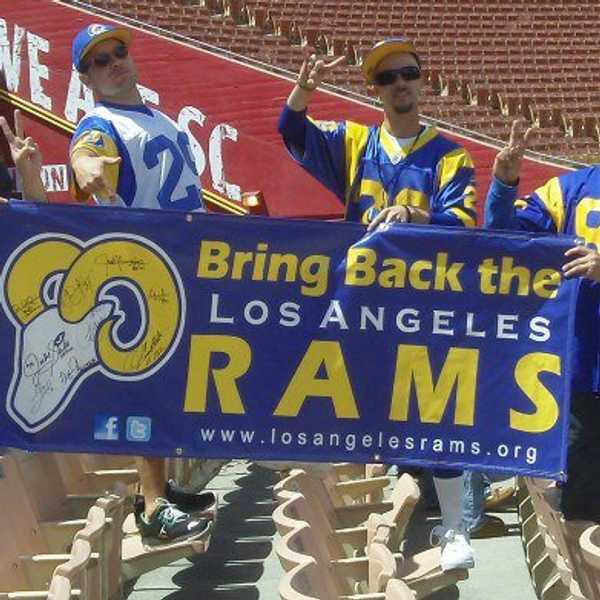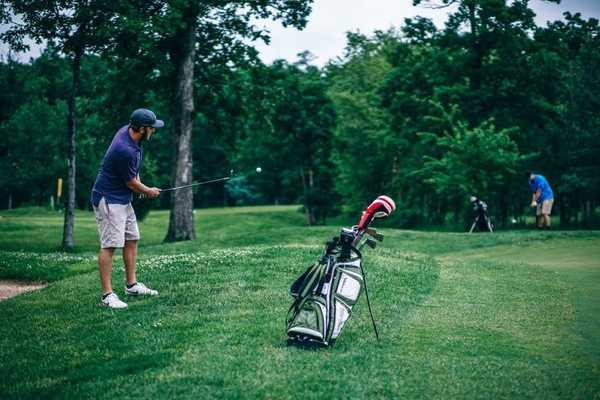Moving to rural North Carolina from Colombia at age 4, I had a love for soccer even before I played the game. From my memory, I started playing recreational soccer at age 5, when they handed out flyers in my kindergarten class. I’ve been privileged enough to be presented with opportunities throughout my soccer career that eventually opened the door for me to play at Haverford College in the Philadelphia suburbs. I had the privilege of coming from a family that was able to spend tens of thousands of dollars for me to play soccer at a high level during those 13 years until I went to college. Between club soccer costs, tryout fees, travel expenses, showcase camps, and more, my parents spent a lot of money to put me (at my urging) in front of college coaches and scouts. This matrimony between money and soccer is a major obstacle that is holding soccer back in the US.
The US has turned (youth) soccer into a country-club sport. While I’ve had that thought since I learned the cost of playing for my club team in 8th grade and moving forward as I surveyed my surroundings, I was inspired to write this article due to this week’s gripping piece by the Guardian’s Les Carpenter. In the article, Carpenter couples his own research with insights from Sunil Gulati (US Soccer Federation president), Doug Andreassen (chairman of US Soccer’s diversity task force), Briana Scurry (US Women’s national team GK), and others. The article centers around the lack of diversity in soccer around the country, but the crux of the discussion is socioeconomic status. Carpenter cites a study by Roger Bennett (Men in Blazers) and Greg Kaplan (economics professor at University of Chicago), which, using hometown zip codes, assessed socioeconomic differences between all US Men’s national team members, NBA all-stars, and NFL pro-bowlers from 1993 to 2013. The study found profound differences, showing that the USMNT players came from communities with “higher incomes, education, and employment rankings, and were whiter than the US average…” while the basketball and football players originated from areas that ranked below-average in those same categories.
This issue of diversity stems from the fact that, as I see it, soccer in the US is a country-club sport. For a game that simply requires a ball to play, the US has managed to make it one that is expensive to play. Consequently, only players whose families can afford club or academy costs are able to play at higher levels, where they are exposed to talent scouts from colleges and professional teams. If you look at the world’s biggest soccer stars (and thousands of other players) – Cristiano Ronaldo, Ronaldinho, Luis Suarez – they all grew up in extreme poverty, but the structure of (youth) soccer in those respective countries allowed for the discovery and development of their talent. Soccer in the US is a suburban staple, accessible mostly to affluent families, but it’s most certainly not absent in less wealthy communities. Even where I grew up in rural North Carolina there are a handful of local leagues that are made up of (generally) Hispanic, low-income players, where the talent level is usually pretty high. However, there is zero integration between leagues like this, which draw little to no attention from scouts and coaches, and the expensive club and academy leagues. Despite the existence of these Hispanic leagues, my high school coach had to work his ass off to recruit many of them for our school team because, even at that level, there was little diversity and assimilation.
I imagine urban settings have a very similar divide. Many cities across the US have public facilities, that do get utilized, where people can play soccer. I went to the local field in Brooklyn last weekend and played with people from the Middle East and from South America, some of whom were very skilled, but again, these groups of people aren’t assimilated to the US’s soccer scheme on a larger scale. That is an issue that is hurting the progression and development of US soccer as a whole, and it is an issue that needs to be fixed.





















